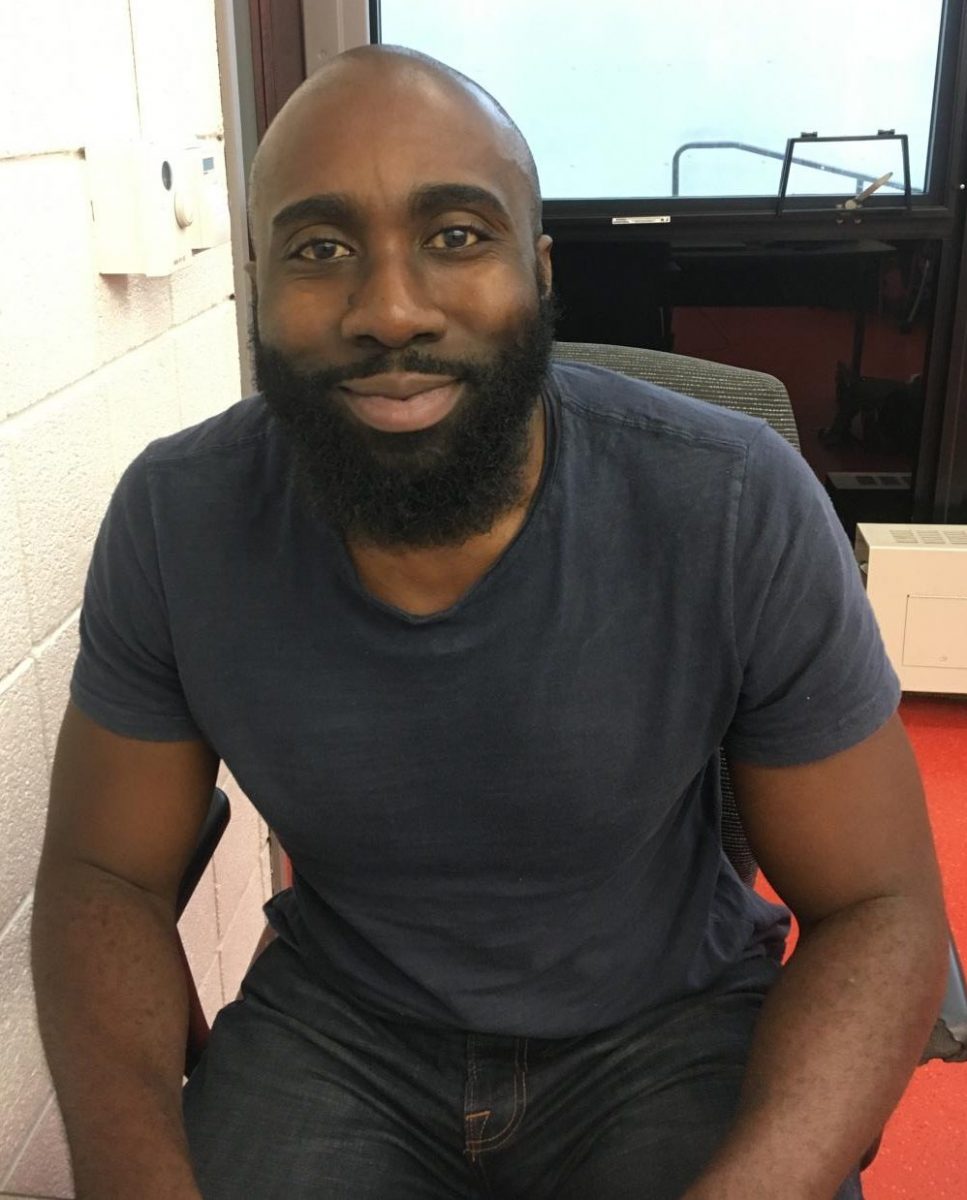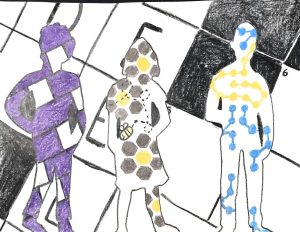Teacher Spotlight: Mr. Dua
An Interview with CRLS’ Newest History & Psych Teacher
September 28, 2017
Mr. Kevin Dua is a new psychology and history teacher at Rindge this year. Dua won Massachusetts Teacher of the Year and has just been nominated nationally. He previously worked at Somerville High School. Mr. Dua wants all students to know, “I will adamantly reach out to all students here, even if it’s passing in the hallway with a ‘hi.’” This interview has been edited for clarity and length.
Register Forum: What made you decide on Rindge?
Kevin Dua: I have always admired the tenacity of CRLS, especially from its students. The level of sincerity, passion, and pride that has been highlighted has been highly impressive from an educator’s perspective.
From what I’ve heard from students here—who were the best recruiters—it was almost as if I needed to be a part of this school, for them. And with nothing against my “second home” of Somerville, students at CRLS expressed that there was an important role that I could play to connect with others on making this place better. It could be my teaching style, because I’m black, etc. I know that I like connecting with young adults so that they feel empowered, thus using their abilities to promote empathy [and to] challenge and hold us accountable. I’m not saying that [my teaching style] doesn’t exist here, I just know that, personally, it’s inspiring being around an atmosphere where that’s the norm. From afar, I’ve always been an admirer of the spirit of CRLS—from student-driven activism to its diverse aura, this place has inspired a few of the goals I aimed for while I was at Somerville. So, in a way, I do owe this place a “thank you” for being inspirational in my career. I hope to do my part as a teacher to help students and teachers make this place exciting. And if it is already that to some folks, then I plan to make this place more exciting, both in and out of the classroom.
RF: How so?
KD: A few months from now, check in with me to share your thoughts on how extraordinary it was that CRLS actually participated, broke, and set its first-ever Guinness World Record before April vacation in 2018.
RF: I’m sure you read the article [published by Cambridge Day] about teachers of color at Rindge leaving the school. How did that make you feel going into the interview process, and how did that affect your decision to accept a job at Rindge?
KD: In many ways, it was disheartening. There’s truth in anyone expressing that there are various perspectives to a story; however, I could relate to a teacher of color that has experienced such micro-aggressions, frustrations, and racial obstacles at least once within their career because of their skin color [or] ethnicity. It played a significant role in affecting my decision to accept a job offer at Rindge, because I’m a believer that children are the main priority in any academic setting.
The power that a diverse faculty can have on students is unquestionably valuable, and even if I am the only black and/or teacher of color in a building, if it can somehow help students’—and teachers’—education, then by all means.
I’ve had multiple students thus far thank me for being here, eager to finally have a black teacher. I hope that, whenever the day is that I may leave here, no student will have that sentiment, due to the plethora of ethnically diverse representation that mirrors and supports the student body. And I strongly believe this school is capable in making that a reality, sooner rather than later. It’s the optimist—and in part, realist—in me, as an educator improving and showing that their school is, and will continue to be, an environment to better everyone.
RF: Why did you decide to teach psychology?
KD: Because psychology—especially the way I teach history—[is] understanding different perspectives and the “why.” Psychology offers a great lens [for seeing] how we work. And once such knowledge is recognized, being able to apply it to better society is admirable.
RF: What do you mean by that?
KD: It’s great if you learn the fundamentals of any theory. However, what are you going to do with it? Education, rooted in goodness and equality and equity, can make life better for all. You have to understand why people are the way they are in order to crack that. Psychology tied with history puts everything in context as best as possible.
RF: Was there a specific moment when you were like, “Yes, psychology is my calling,” like a catalyst moment?
KD: When I taught history last year, I had a poster of Black Lives Matter in my room. One student was very curious about it. “What are your thoughts about Black Lives Matter?” he asked. “I think all lives matter.” Many people in that classroom presumed it would be a ‘the black teacher versus the white student’ moment.
And I said, “OK. So we see the phrase Black Lives Matter, but for some reason, we both see an imaginary word after it.” He agreed with that. I said, “Why is it that the imaginary word that I see is something inclusive? It’s like ‘too’ or ‘also.’ Yours is exclusive; it’s ‘only.’ Why is that?” and he was stumped. He explained that, perhaps, he was influenced by people around him. But the more I spoke, the more he realized: We believe the same. And I want to encourage support towards this. This made me realize that psychology can answer stereotypes, misconceptions, and divisions that people believe [are] valid, when in actuality, [they’re] not.
This piece also appears in our September print edition.









